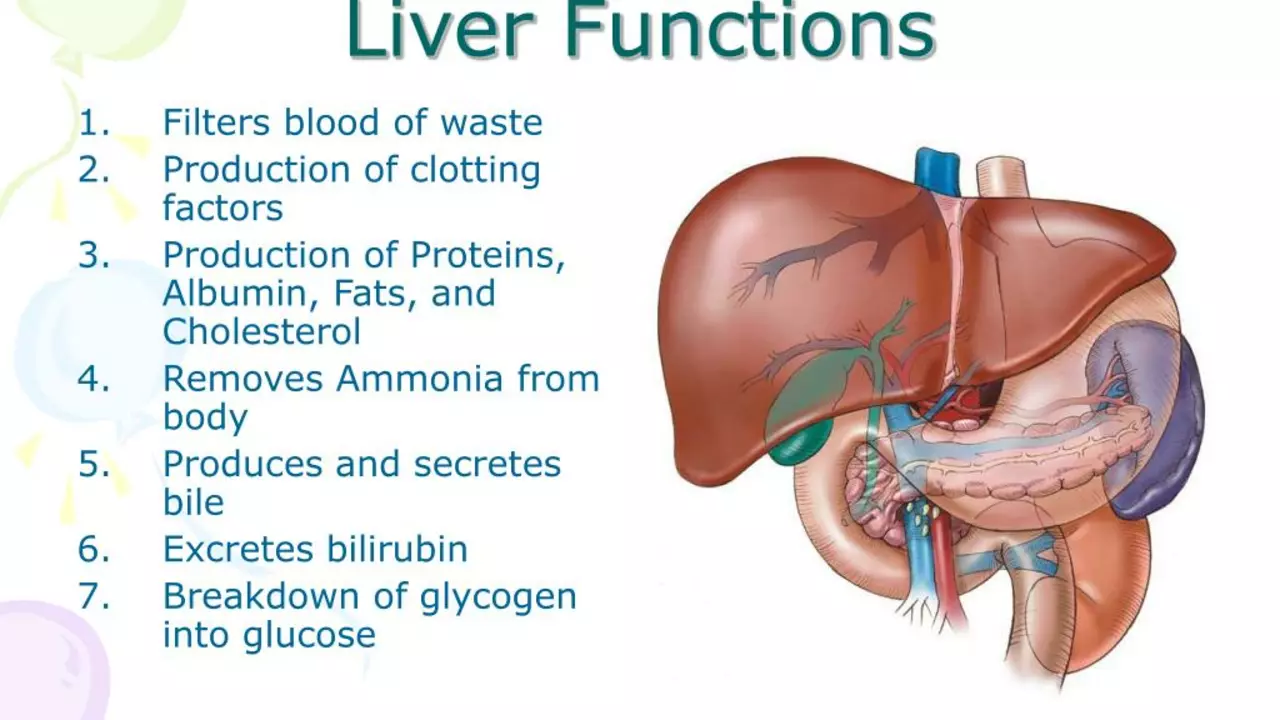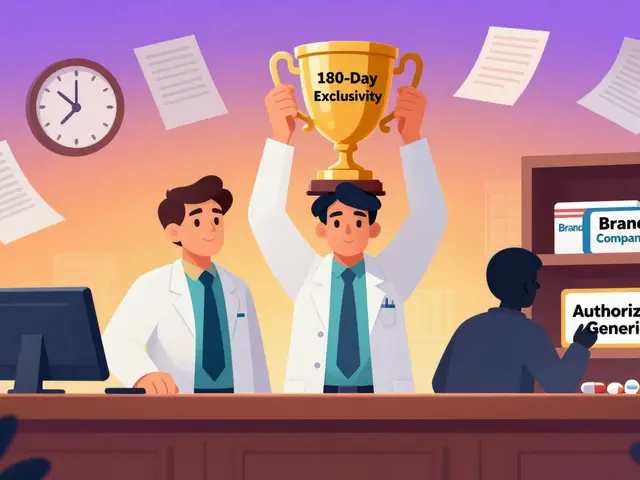Patient Impact: How Medications and Choices Affect Real People
This tag gathers clear, practical articles that explain how treatments, drug costs, side effects, and online pharmacy choices change everyday life for patients. You’ll find hands‑on safety tips for buying medications online, real-world advice on managing side effects, and straightforward comparisons of alternatives when a drug isn’t working or is too expensive. Everything here focuses on what matters to the person taking the medicine—not abstract studies or industry talk.
What can you expect? Short guides that answer questions like: how to spot a safe online pharmacy, what to ask before switching meds, and how to manage interactions at home. We cover specific drugs (warfarin dosing, Dilantin facts, temazepam and sleep), practical disease tips (heart failure diuretics, Gitelman syndrome), and real-life topics such as drug costs, coupons, and mail-order savings. If a post mentions a study, it links to the source so you can check details.
Quick safety checklist for buying meds online: 1) look for verified pharmacy seals and a real business address; 2) avoid prices that seem ridiculously low; 3) use secure payment methods and privacy safeguards; 4) confirm prescription requirements and contact info; 5) read recent customer reviews for shipping and quality. These steps help reduce scams and keep your medication regimen steady.
Cost and alternatives matter here. We explain how generics compare to brand-name drugs, when overseas options might be safe, and when to ask your prescriber about cheaper alternatives like generic inhalers or different diabetes medicines. For anticoagulants and drugs requiring monitoring, we give clear tips on tracking INR, spotting bleeding signs, and scheduling lab checks.
Living with side effects is a patient issue, not just a clinical note. Expect practical strategies: timing doses to reduce nausea, simple swaps that ease insomnia, and ways to limit drug interactions. Articles on mental health and addiction show how anxiety and substance use can interact and list small, everyday steps that reduce risk while keeping treatment effective.
If you’re caring for someone, look for posts on support strategies—how to prevent bullying of autistic children, how to help a partner navigate PTSD or chronic pain, and how to talk with clinicians so the patient’s voice is heard. We prioritize clear language you can share with family members or bring to appointments.
Browse the tag to find posts that match your situation. Use the on-page filters or search terms like “cost,” “safety,” or the drug name. If you want a personal touch, print an article to discuss with your clinician or pharmacist before making changes.
How to use these articles
Start with a relevant drug or issue and read the practical checklist. Print or save key tips, note questions for your clinician, and compare alternative options before deciding. Treat articles as tools, not prescriptions.
Got feedback?
Tell us what helped and what missed the mark. Reader suggestions shape future posts and keep content useful for patients and carers. Send a brief note via the site contact form. We read every message honestly.
In my latest research, I delved into the effects of amiloride, a medication commonly used for heart-related conditions, on liver function in patients with hepatic impairment. It turns out that amiloride can have a significant impact. For some, it aids in managing fluid imbalances, but for others, it can potentially lead to further liver complications. This reminds us of the importance of individualized treatment plans. Overall, the impact of amiloride on liver function is a complex issue that requires further investigation.



